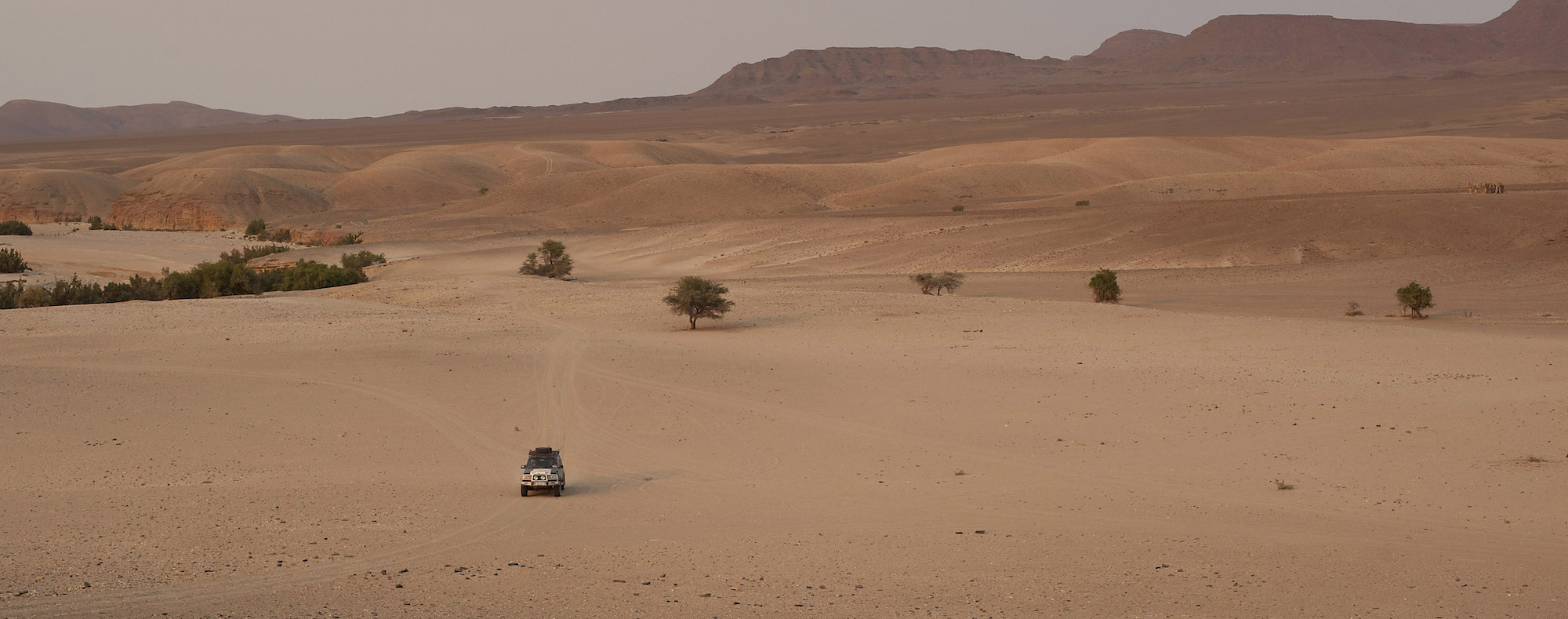
About the Namibian Chamber of Environment
The Namibian Chamber of Environment (NCE) is a membership-based and -driven umbrella organisation established as a voluntary association under Namibian Common Law to support and promote the interests of the environmental NGO sector and its work. The Members constitute the Council – the highest decision-making organ of the NCE. The Council elects Members to the Executive Committee at an AGM to oversee and give strategic direction to the work of the NCE Secretariat. The Secretariat (staff) of the NCE comprise a CEO and Office Manager. Only the Office Manager is employed full-time.
The NCE currently has 63 Full Members - Namibian registered NGOs whose main business, or a significant portion of whose business, comprises involvement in and promotion of environmental matters in Namibia; and 13 Associate Members – individuals running environmental programmes and non-Namibian NGOs likewise involved in local to national environmental matters in Namibia. A list of Members can be found at the bottom of this page, along with links to their respective webpages. For additional contact information on each Member, please see the membership list on the main NCE website at https://n-c-e.org/nce-members.
The NCE has four aspirational objectives and five operational objectives as follows:
Aspirational Objectives
- Conserve the natural environment
- Protect indigenous biodiversity and endangered species
- Promote best environmental practices
- Support efforts to prevent and reduce environmental degradation and pollution
Operational Objectives
- Represent the environmental interests of Members
- Act as a consultative forum for Members
- Engage with policy and lawmakers to improve environmental policy and its implementation
- Build environmental skills in young Namibians
- Support and advise Members on environmental matters and facilitate access to environmental information
The NCE espouses the following key values:
- To uphold the fundamental rights and freedoms entrenched in Namibia's Constitution and laws, including the principles of sustainable use, protection of biodiversity and inter-generational equity;
- To promote compliance with, uphold and share, environmental best practice, recognising that the Earth's resources are finite, and that human health and wellbeing are inextricably linked to environmental health.
- To recognise that environmental best practice is best promoted by implementing the following seven principles: sustainability, polluter pays, precautionary, equity, effectiveness & efficiency, human rights and participation;
- To develop skills, expertise and passion in young Namibians on environmental issues;
- To ensure political and ideological neutrality, be evidence-based and counter fake information; and
- To promote inclusiveness and to fiercely and fearlessly reject any form of discrimination.
To effectively implement these Objectives and Values, the NCE has developed eight strategic programme areas:
- Support to Members
The NCE provides office facilities, boardroom, internet and safe parking for its out-of-town Members when in Windhoek; in partnership with Westair, a Cessna 182 for conservation purposes such as aerial surveys, radio-tracking and anti-poaching work; three 4x4 Toyota Hilux double-cab vehicles for use by Members for their conservation work; registration and research permit facilitation; and any other support requested by Members. - National facilitation
The NCE organises symposia and workshops on topical and priority issues; supports the development of strategic Best Practice Guides at sector level, the first on mining, the second (in preparation) on hunting; reviews policy and legislation on and/or impacting Namibia's environment; facilitates collaboration on conservation assessments and action plans, the latest being Namibia's Carnivore Red Data Book; and representing the sector and Members on national bodies. - Environmental information
The NCE hosts and supports the development of Namibia's Environmental Information Services (EIS at www.the-eis.com) in partnership with Paratus Telecom, a one-stop-shop for all environmental information on Namibia. The EIS comprises an e-library with over 26,000 reports, publications, maps, data sets, theses, etc., which are searchable and down-loadable. It provides an Atlasing platform for citizen science data collection that currently covers mammals, reptiles, amphibians, butterflies, invasive alien plants and archaeology, and records are conveniently entered via a free cellphone App. The NCE has also established a free, open access scientific e-journal – Namibian Journal of Environment – now in its forth year (www.nje.org.na). The NCE and Venture Media launched this new environmental websiteConservation Namibia
now in its third year to tell Namibia's conservation stories via blogs, factsheets, video and articles from the associated magazine. The NCE informs the public on topical environmental issues on its website (www.n-c-e.org), Facebook page and Twitter feed. - Environmental advocacy
The NCE addresses national threats to Namibia's environment and natural resources by first attempting to work constructively with the relevant government or other entity but, if necessary, through public exposure. The NCE has addressed the issue of Chinese incentivised poaching and illegal trade in specially protected wildlife, the over-fishing of pilchards in Namibian waters, illegal and unsustainable timber harvesting and export, and the need to reduce and eliminate single-use plastic from Namibia's environment. It has also initiated a highly successful Pangolin reward scheme in partnership with MEFT, some NCE Members and communities. The scheme rewards people for providing information on pangolin trafficking leading to arrests – more than 300 criminal cases opened and over 500 people arrested and charged. - Environmental policy research
When we talk about theenvironment
we mean the interrelationship of ecological, social and economic aspects – essentially sustainable development. This is appropriate for a country with an economy reliant mainly on natural resource-based primary production where ecological and socio-economic issues are two sides of the same coin. However, this conceptual approach is rarely understood by people from western industrialised countries who think of environment as being just the green environment. To get around this problem, the NCE has established a socio-economic / livelihoods component that works seamlessly with the environmental component and focusses mainly on the urban environment. Over 50% of Namibians now live in towns and the city of Windhoek, with a projected rise to 70% by 2030. The priority areas of focus are access to affordable urban land for housing, appropriate sanitation, solid waste management, energy and research on the economics of poverty. - Young Namibian training and mentorship
Over the past five academic years the NCE in partnership with Woodtiger Fund has provided 181 post-graduate bursaries in the broad environmental field (including subjects such as environmental economics, environmental law, environmental engineering) and 52 internships, mainly for NCE bursary-holders, that involves close mentoring by experienced environmental professionals. The aim is to build the capacity and confidence of young Namibians to become the environmental leaders of tomorrow. - Fund raising
Core funding for the NCE is currently provided by B2Gold. This means that all additional funding received is invested directly into environmental projects and programmes – there are no overhead costs. The NCE focusses on corporate support and avoids targeting funding sources that may compete with its Members. The corporate sector assists with fund raising by approaching their clients, partners and networks. - Grants making
Funds raised by the NCE are used strategically to support priority environmental projects and programmes in Namibia. Emphasis is placed on legacy initiatives that have tangible outcomes. These are often based on national policy and bring together government and NGO partners, communities and the private sector, and frequently lead to investments by larger bilateral or multi-lateral funding organisations. An on-line grant application process allows NCE Members to apply for funding. To date 202 grants have been awarded, to the value of N$ 27.885 million, with 90% going to NCE Members. Some of these projects are showcased in this magazine.
The following links will take you to the respective homepages or social media profiles of our members, where such exist. To reduce data costs, logos are only displayed on larger screens. The first group comprises full-members, the second group are associate members.




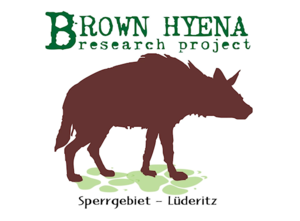




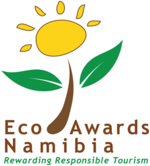





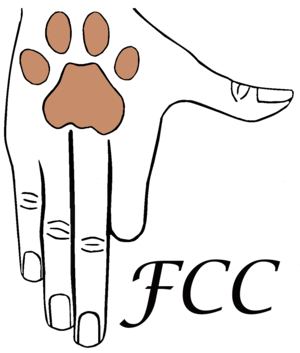





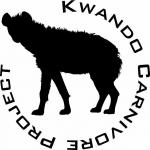





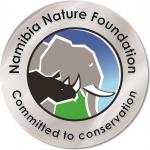










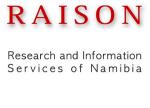
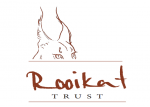
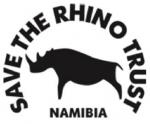

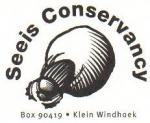



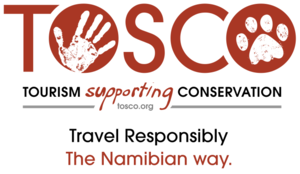

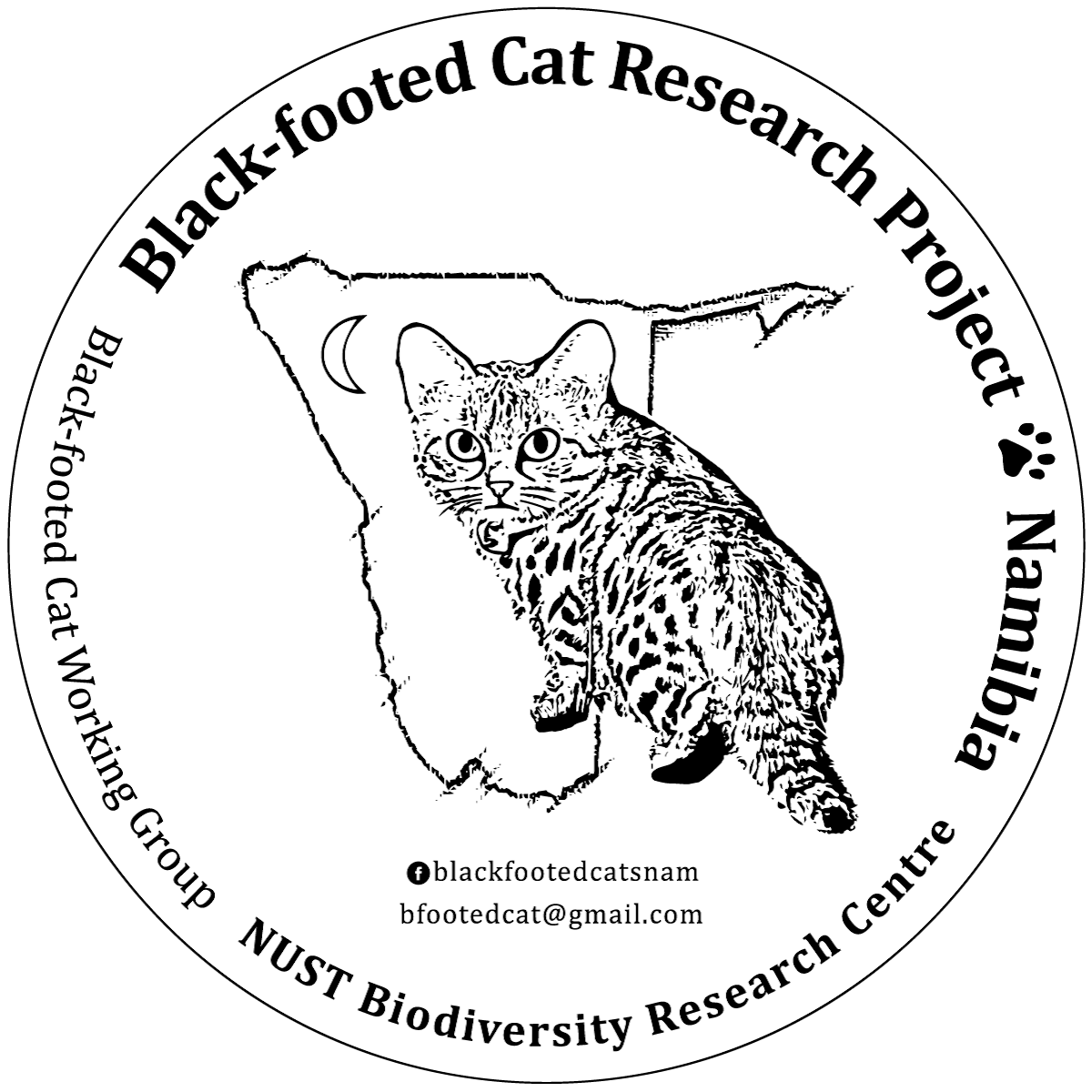

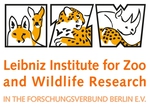

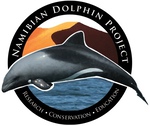
Share:
Subscribe
Partner sites:
Environmental Information System (EIS)Namibian Journal of Environment
Conservation Tourism in Namibia